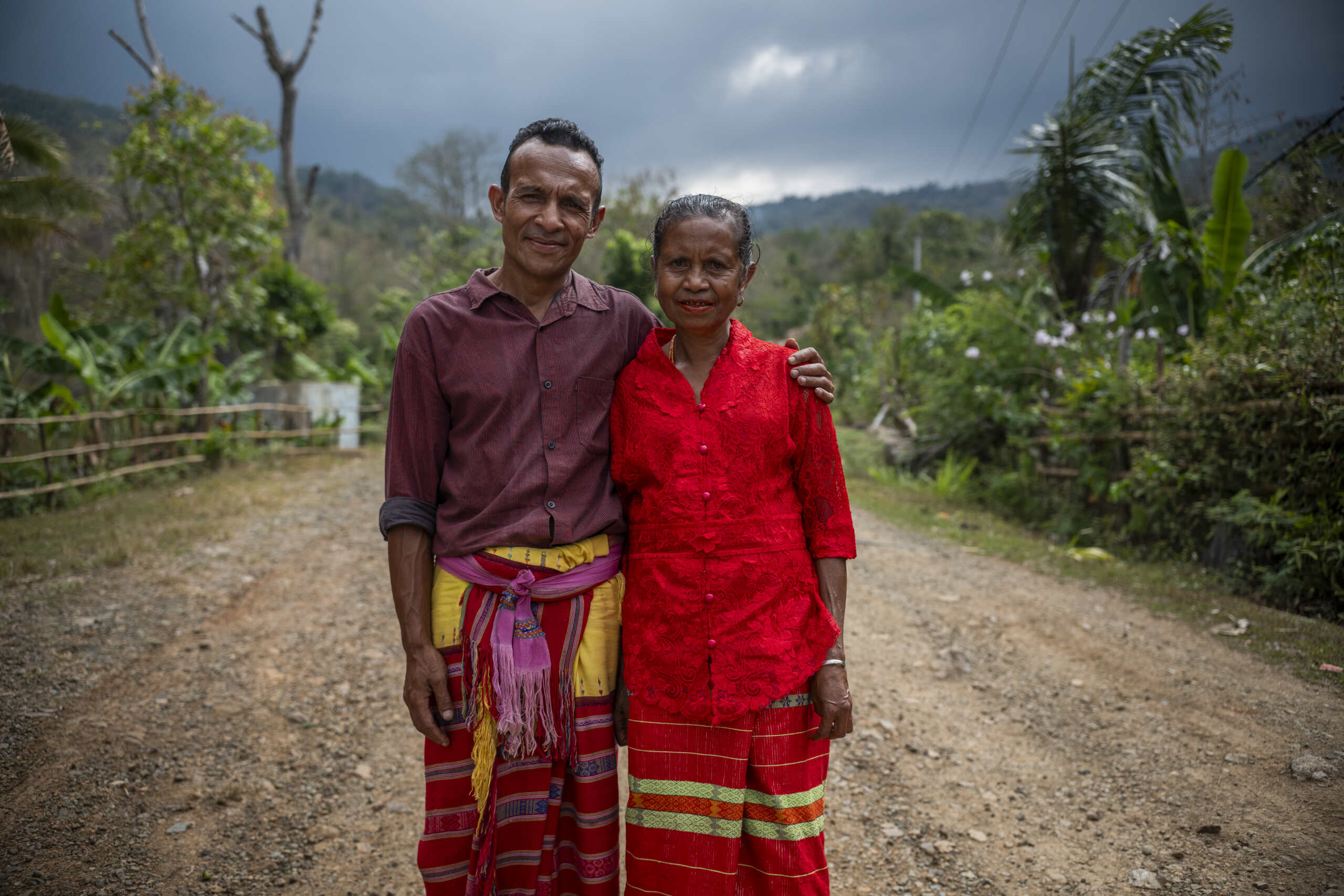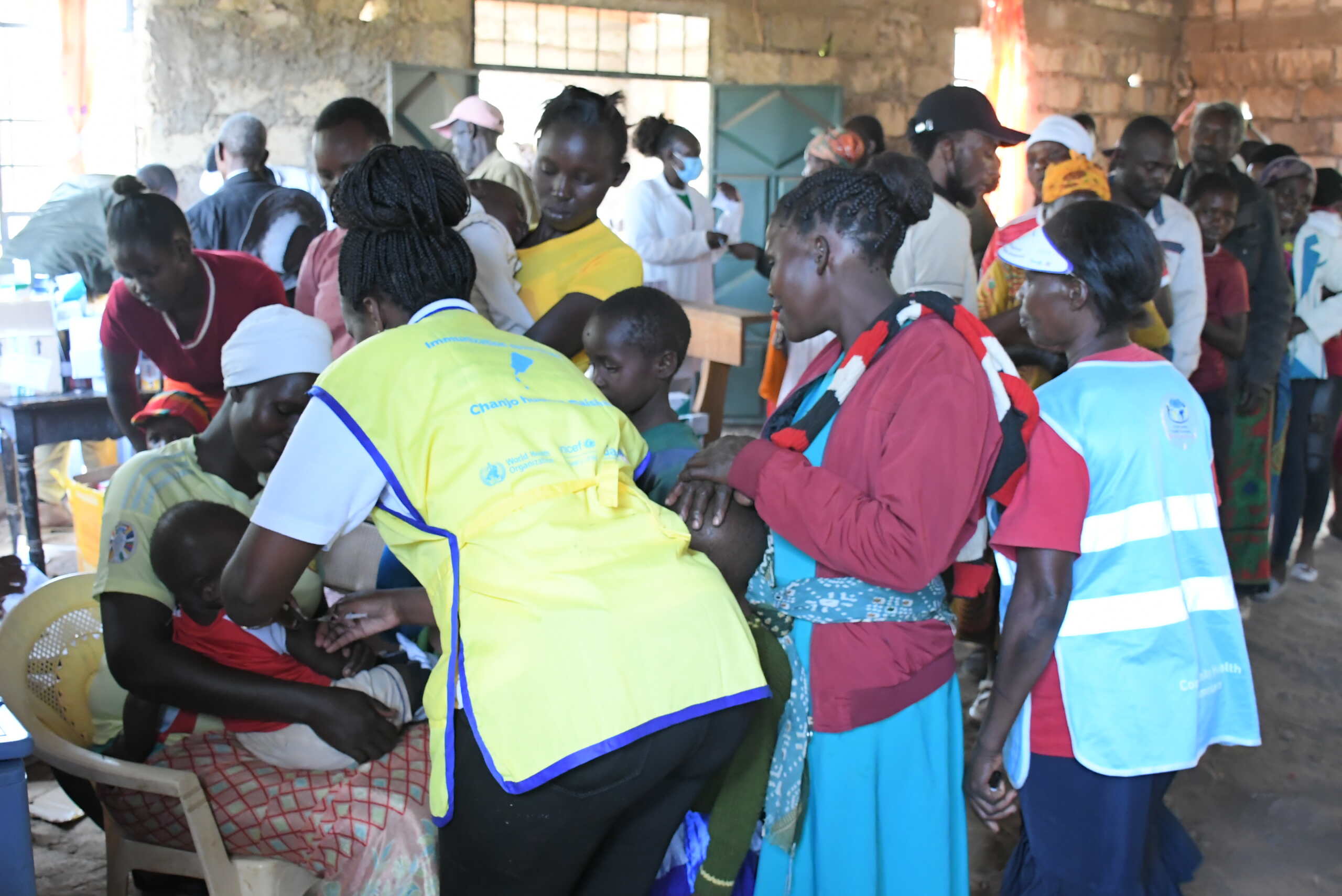Coping with drought and climate change in Meru, Kenya
Stories | September 7, 2022
On World Environment Day, CBM would like to reflect on how precarious life is for people with disabilities living in developing countries whose environments face unprecedented land degradation, water scarcity, extreme weather, and desertification driven by the climate crisis.
People with disabilities make up approximately 160 of the 800 million people globally who live in extreme poverty on less than US$1.90 per day. Yet, sadly, they represent only 3-4 per cent of the beneficiaries of development programs.
This can be due to their limited mobility, visibility, and community integration, as well as misconceptions about their abilities, meaning that conventional aid and development organisations often don’t see them; CBM does. It is our goal, our history and our expertise.
In rural parts of Kenya, including Meru and Tharaka-Nithi Counties, where CBM runs a disability inclusion and livelihoods program, Jennifer, a woman who is blind, used the Savings and Internal Lending Cooperative (SILC) to start a small business.
“I had nothing, no capital. Once we started the savings group, I was able to take a loan and begin my small business,” she explains. “I bought beans and maize and sold them locally, making enough to expand the business, pay the rent, and take pride in being able to do things other women do like buy clothes and get my hair done”.
However, the ongoing drought has harmed her business, making food more expensive. “Now, I cannot buy a whole sack, and I must limit the maize I buy to still afford to buy some beans. The food is coming from further away, and there is less available,” says Jennifer.
The business has not been going long enough to be resilient in a downturn, and everyone in the SILC has less money to bring to the savings group, which means the safety net they created will erode as the drought continues.
In rural Kenya, it is not just food that is more expensive because of the drought; the cost of water has increased by over 1000 per cent. When prices for necessities rise, life is more challenging for everyone, especially for people with disabilities who often live farthest from markets and are particularly vulnerable to economic shocks and resource scarcity.
CBM responded to the challenge facing Jennifer and her SILC by providing cash transfers, food relief, and assistive devices so that they and their businesses can survive the drought and be ready to thrive when better times come.
Assistive devices, such as wheelchairs, hearing and communication aids, spectacles, and prostheses, can be crucial – especially in a crisis – because they can be the critical factor that determines whether people with disabilities can access food, water and emergency relief.
Here’s hoping for a brighter, more disability-inclusive future.
-written by Anthony Marcus
CBM acknowledges the support of the Australian Government through the Australian NGO Cooperation Program (ANCP) for this project.
https://www.cbm.org.au/stories/coping-with-drought-and-climate-change-in-rural-kenya
Related Stories

How CBM is making a difference in Indonesia
For more than 45 years, CBM Global has been working alongside communities in Indonesia to ensure people with disabilities...

Coordinating inclusive health outreach in Meru County
For many households in Meru’s rural and remote areas, basic health services are physically...

Share your advocacy preferences with us
Thank you for helping us to advocate for the one billion people with disability globally. CBM Australia advocate across...
